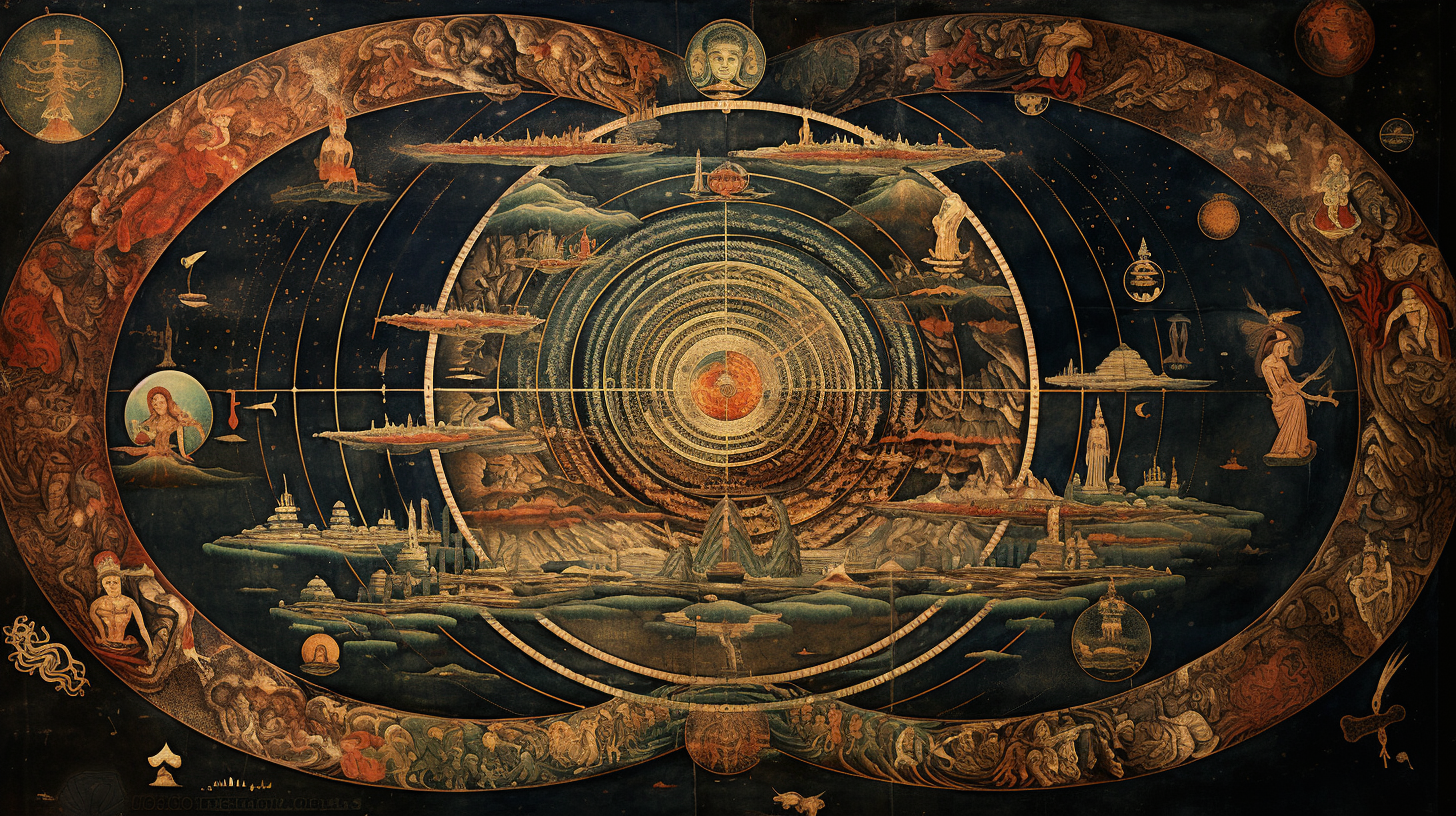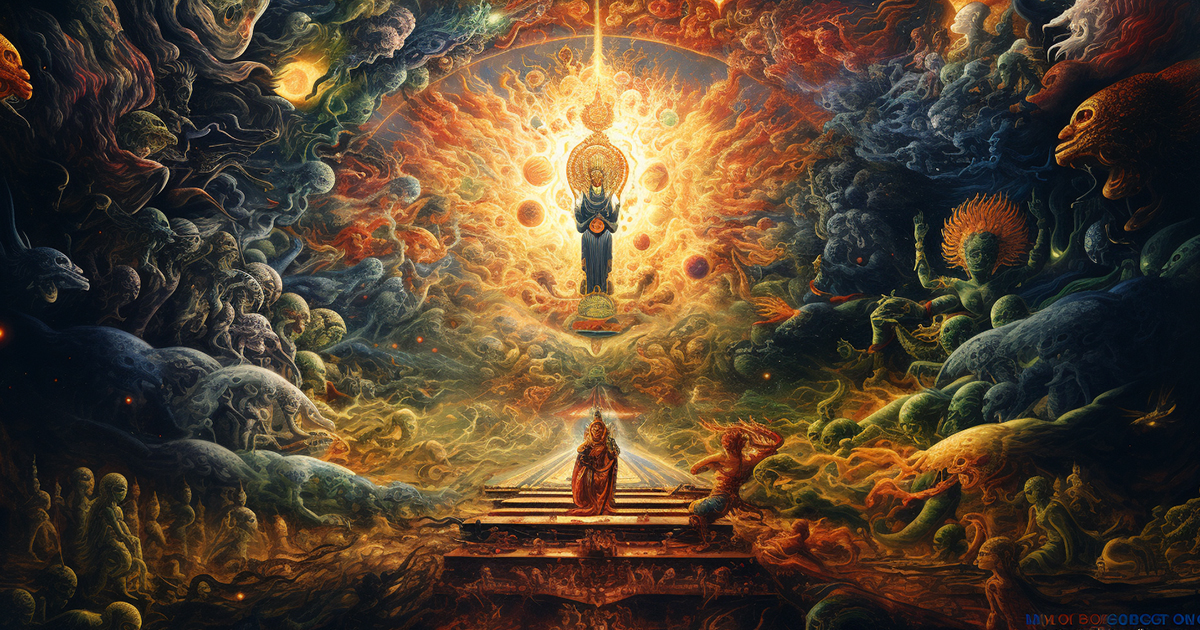Across the globe, over 1.5 billion individuals are captivated by the concept of reincarnation, finding comfort in the cyclical nature of existence. While many associate reincarnation with Eastern philosophies, the enduring belief in rebirth within the Kabbalistic sect of Judaism may surprise some. Episode 13 of Season 12 of Ancient Aliens on the History Channel delves deep into the contrast between Tibetan and Kabbalistic traditions regarding reincarnation, offering profound insights into life, the cosmos, and everything in between.
Unveiling the Wheel of Opportunities
Unlike faiths that advocate for a single opportunity at life, Tibetan Buddhism and Kabbalistic teachings emphasize the idea of multiple lifetimes for refining one’s essence. Reincarnation is not a singular event but a continuous journey of the soul. While Tibetan Buddhists fully embrace the concept of rebirth, Kabbalistic Judaism sees reincarnation as a fundamental pillar of belief.
According to these traditions, souls embark on a series of lives to acquire wisdom, progress, and evolve. Each life presents unique lessons that aid in the evolution of the soul’s essence. This perception of reincarnation starkly contrasts with certain religious doctrines that imply a definitive afterlife outcome based on earthly actions like Heaven or Hell.

Insights from Historical Times on Reincarnation
Reincarnation was not limited to Eastern and Kabbalistic beliefs. In the early years of Christianity, the concept of preexistence and rebirth of the soul held substantial importance. However, in 553 AD, Roman Emperor Justinian the Great deemed this belief heretical, leading to its exclusion from Christian teachings. The transition towards a dualistic afterlife reshaped Christian theology, emphasizing Heaven or Hell as the ultimate destinations.
Ancient Greek philosophers such as Socrates, Pythagoras, and Plato contemplated reincarnation, with Plato expressing confidence in the concept of multiple lifetimes through his dialogues.
Reincarnation Beyond Earthly Realms
Some belief systems propose that reincarnation transcends earthly boundaries, suggesting that certain souls may inhabit multiple bodies simultaneously, each serving a distinct purpose. This theory offers a captivating perspective on Earth’s expanding population.
Furthermore, the notion extends beyond Earth, speculating that extraterrestrial beings might also undergo reincarnation across the vast universe. This idea challenges our understanding of life’s cosmic significance, revealing intriguing possibilities.
A Complex Cosmic Blueprint?
The idea of souls reincarnating for a grand universal purpose sparks contemplation. Both ancient and modern cultures entertain this notion, indicating that reincarnated souls play a role in a cosmic design that extends beyond Earth.
Accounts of individuals claiming to have been reincarnated with specific missions for humanity fuel this speculation, prompting us to perceive reincarnation as part of a broader cosmic narrative that we are only beginning to unravel.
As we navigate through the diverse beliefs surrounding reincarnation in Ancient Aliens, we are left with more queries than answers. The intertwined beliefs of reincarnation in Tibetan and Kabbalistic traditions challenge us to broaden our perspectives and venture into the enigmatic universe of life. It serves as a gentle nudge, reminding us that our journey may hold deeper, interconnected meanings beyond our current comprehension.
Watch the Video:
Concluding Thoughts
Ancient Aliens’ exploration of Tibetan and Kabbalistic perspectives on reincarnation unveils a realm rich in diverse beliefs and possibilities. It urges us to embrace the mystery and wonder of life’s eternal cycle, emphasizing that the journey of the soul is profound and interconnected, potentially transcending beyond our world’s constraints. Whether one embraces reincarnation or not, the concept continues to capture the human imagination across generations, inviting contemplation in the modern era.
